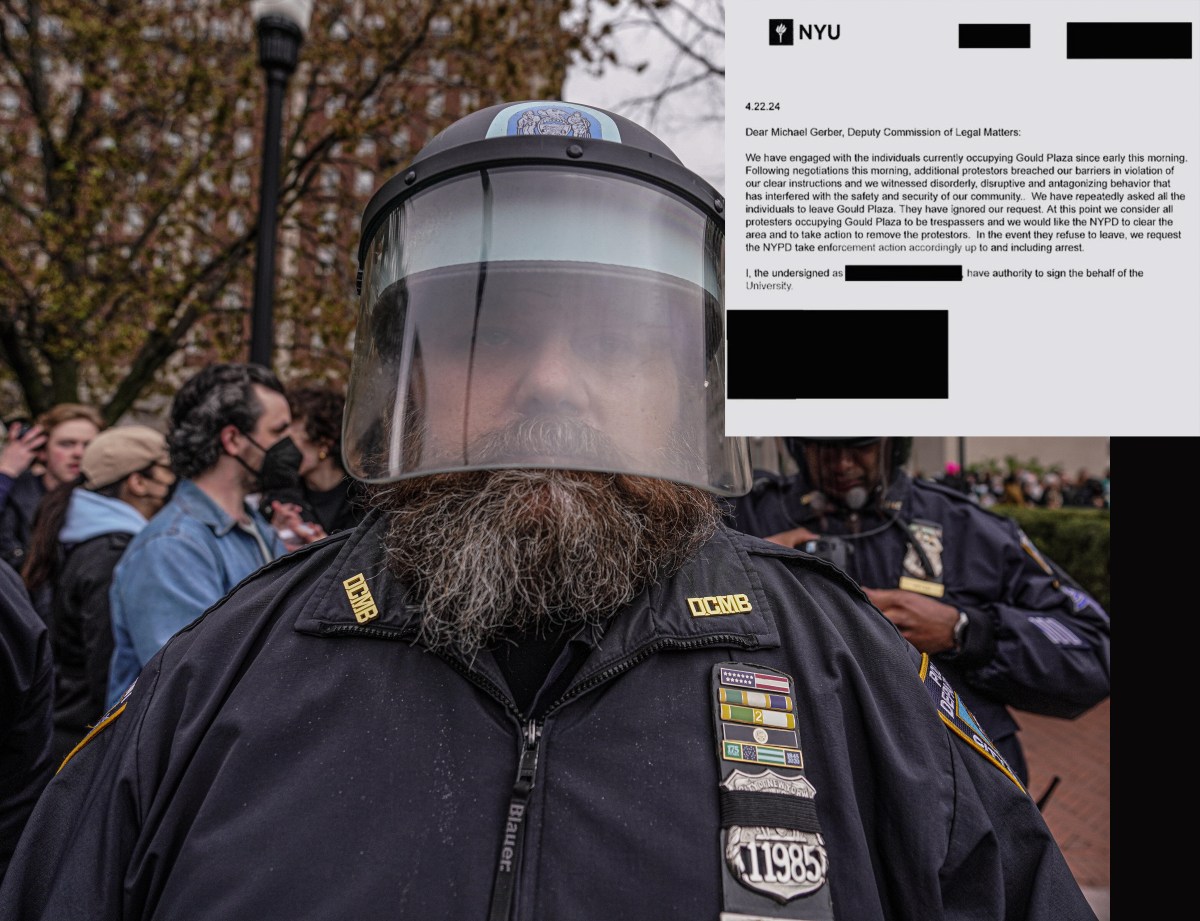 An Appeals Court affirmed terrorism charges against a Shiite man from Trinidad accused of providing religious counsel to others involved in a bomb plot at JFK. Credit: Getty Images
An Appeals Court affirmed terrorism charges against a Shiite man from Trinidad accused of providing religious counsel to others involved in a bomb plot at JFK. Credit: Getty Images
A U.S. appeals court upheld the conviction Friday of a former leader of the Shiite Muslim community in Trinidad and Tobago for his role in a conspiracy to bomb New York’s John F. Kennedy International Airport.
Imam Kareem Ibrahim, 68, was unable to sway the 2nd U.S. Circuit Court of Appeals in New York to reverse the 2011 guilty verdict on terrorism-related charges or the sentence of life.
Prosecutors said Ibrahim provided religious instruction and support to the group planning the failed attack, which involved destroying buildings, fuel tanks and pipelines at JFK.
The federal appeals court said a jury was entitled to find Ibrahim and his co-conspirators guilty of planning to blow up the airport.
The ruling followed a decision in May upholding the convictions of co-conspirators Russell Defreitas and Abdul Kadir, who were found guilty in August 2010 and also received life sentences.
A fourth man charged in the case, Abdel Nur, pleaded guilty in June 2011 and received a 15-year prison sentence.
Prosecutors said Ibrahim joined the plot in May 2007 after meeting with Defreitas and a confidential FBI informant in Trinidad. Ibrahim among other things gave them advice on avoiding attention by U.S. authorities, prosecutors said.
He was arrested in Trinidad in June 2007 and extradited to the United States. A jury in Brooklyn, New York, found him guilty in May 2011 on five terrorism-related counts.
On appeal, Ibrahim’s lawyers argued their client’s testimony was improperly limited, that evidence seized from Kadir’s home shouldn’t have been admitted, and that there wasn’t enough evidence to support his conviction. They also challenged his sentence as unreasonable.
But the three-judge appellate panel rejected all of his arguments and upheld the sentence.
Michael Hueston, a lawyer for Ibrahim, said his client was considering whether to seek further appeal, including a petition for review by the U.S. Supreme Court.
(Reporting by Nate Raymond in New York; Editing by Philip Barbara)
















